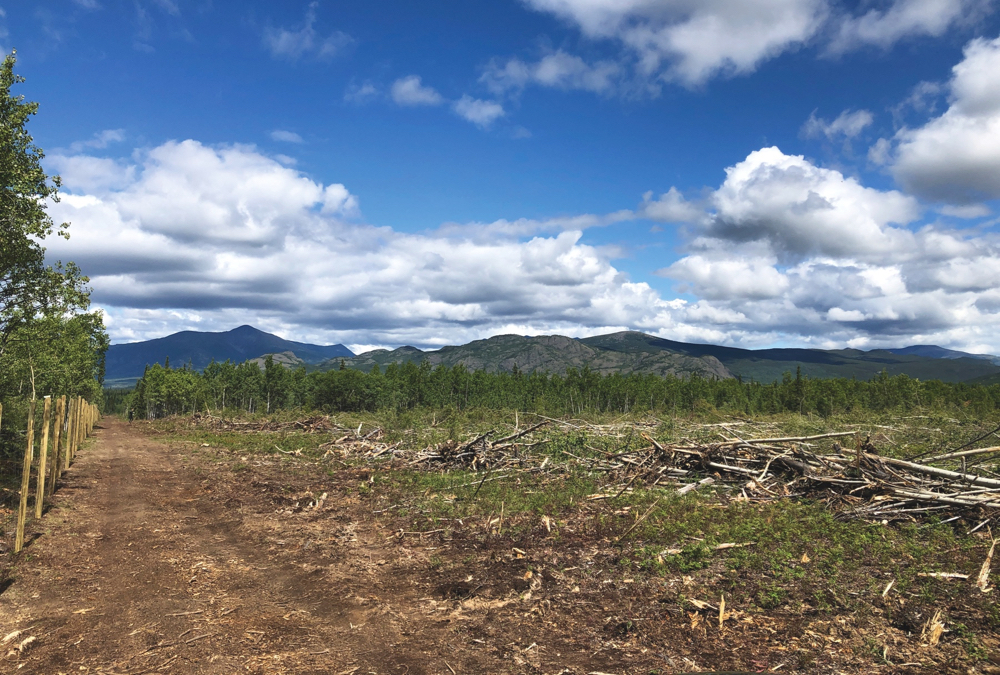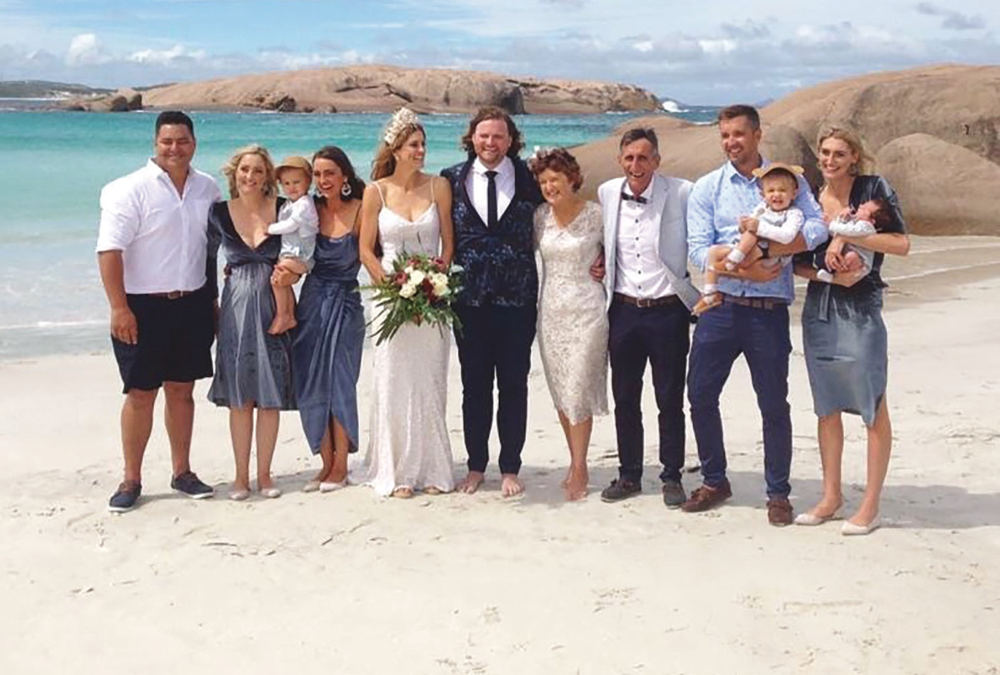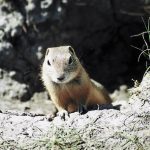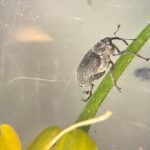Every farm has its own story. No two farms (or farmers) are exactly alike. Everyone got started in a different way, and every farm has a different combination of family and hired staff who make the decisions and keep things running. But, in general, even after you consider all of the details, farmers are more alike than different. Even farmers in other countries.
This is the story of Bernd Klänhammer, from Penkun, Germany.
Where do you farm?
Our family farm of 500 hectares is in the northeast of Germany, near the Polish harbour city of Stettin. We are relatively small in this area where farms can be 2,000 hectares or more. We live in a small town called Penkun.

What do you grow?
We are a mixed farm, growing wheat, barley, canola, rye, forage grass, corn and sugar beets. Additionally, we have a barn for 880 pigs. We also have four horses, but only for fun and for the soul.
How long have you been farming?
Our farm was founded in August 1990, after the fall of communism. My ancestors have been farming this land for more than 200 years.
(The Klänhammer farm was annexed into the state farm of Penkun in the 1950s, when the Russians controlled East Germany which then became the German Democratic Republic (GDR). After the fall of communism in 1989 the land was returned to its former owners. Bernd and Berith Klänhammer were young, just out of agriculture college and saw the opportunity to operate their own farm. They began with nothing; it was seen as a great risk at the time.)

Who do you farm with?
I and my wife Berith work together with two employees. In the peak season during harvest we are supported by our children.
You could have done anything. Why did you choose farming?
For me it’s a childhood dream. As a child I had two great wishes: to become a farmer or a soccer star.
A farmer’s work is so diversified and responsible. You partner with nature throughout the whole year, working with animals and the most modern technology. You help to feed the world. That is a very special feeling for me. To work as a farmer on my own land — that is my passion.

What farming season do you enjoy most?
My favourite season is spring, when nature is awakening. Experiencing the range of green colour is like a miracle every year.
What’s the farm implement you can’t live without?
We have large modern machinery supporting us. Meanwhile it is inconceivable to work without air conditioning. A little miracle and a very great help is using GPS.
What good decision have you made that turned out well?
The very best decision was to decide to found our own farm in the very exciting time after the fall of the wall in 1989. And to build the pig barn — that made our farm complete. It gave us two legs to stand on, spreading our risk. We can feed our own grain to the pigs.
Read Also
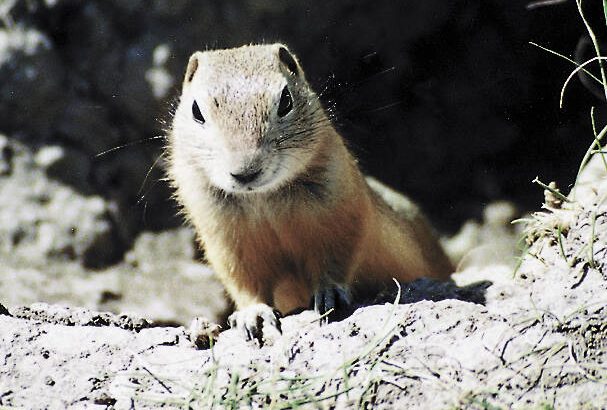
PMRA denies strychnine emergency use request
Emergency use of strychnine for the 2026 growing season has been denied by the Pest Management Regulatory Agency.
Have you made a decision on the farm that you regret?
Years ago we had the opportunity to buy three hectares. We did not do it, because we were not sure about our liquidity. Now the prices for fields are much higher.
What do you see as the biggest challenge the next five to 10 years?
At the moment we farmers often feel pretty pessimistic. The poor image of modern agriculture in the general public worries us. We feel the political and legal uncertainty pertaining to agriculture, and struggle with ever increasing restrictions in farming practices.
It is very difficult to find good employees. It will be a great challenge to establish youth/offspring on the farm.

What do you see as the biggest opportunity the next five to 10 years?
Our son Jonas Karl is studying agriculture at university in preparation to take over the farm. Our daughter would also love to come home to farm with me. It means a lot to me that the younger generation is eager to continue farming here. When we started farming 30 years ago the general theme was that agriculture had no future, it was folly to invest in it. We did very well in that time.
What do you like to do for fun or to relax?
I love to spend time with family and friends, to watch sports on television and to play table tennis and billiard.
Bernd also had some concluding thoughts to share: Agriculture has a future. Everyone needs foods. Hopefully the politicians make the right decisions and provide good conditions for farmers. Hopefully our children will be able to make a living on the farm because in our opinion it is the most beautiful and important profession in the world. Germany has seen many upheavals and transitions. We’ll weather the next ones as we did the last.




